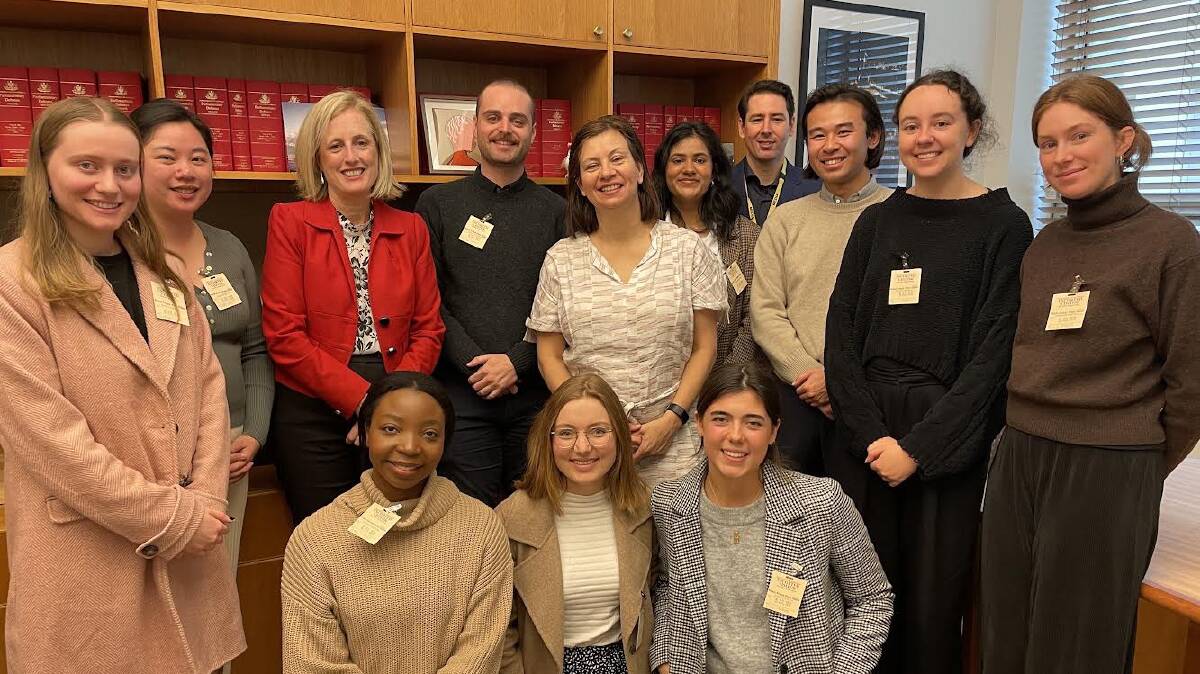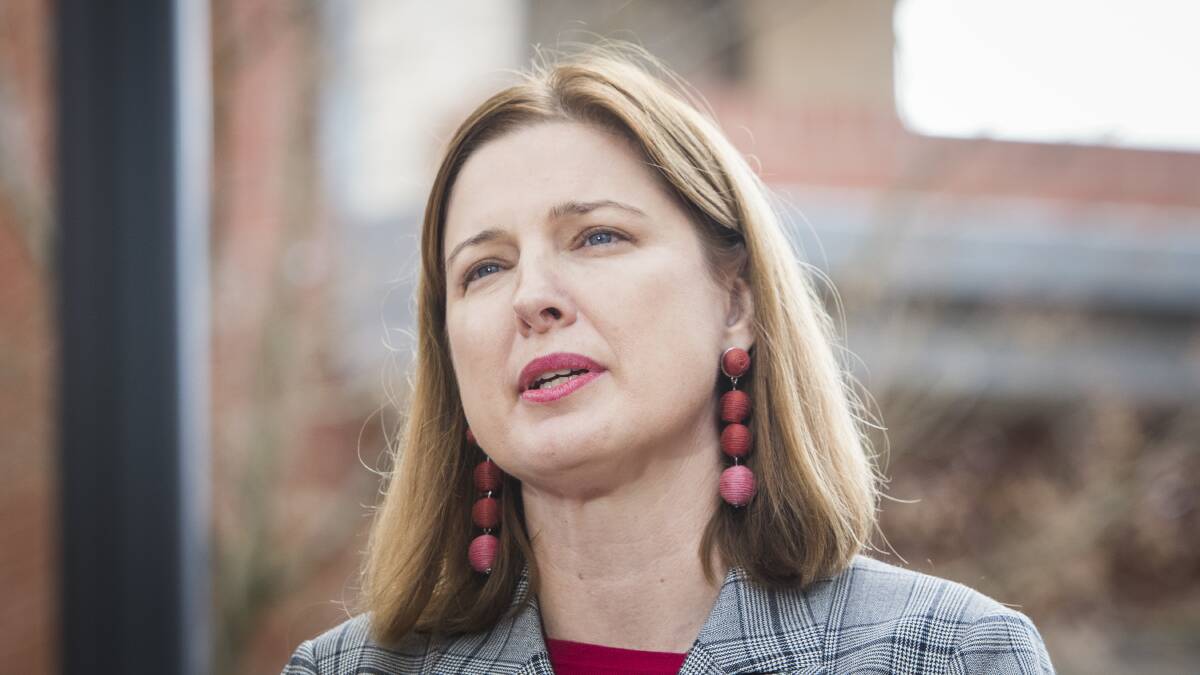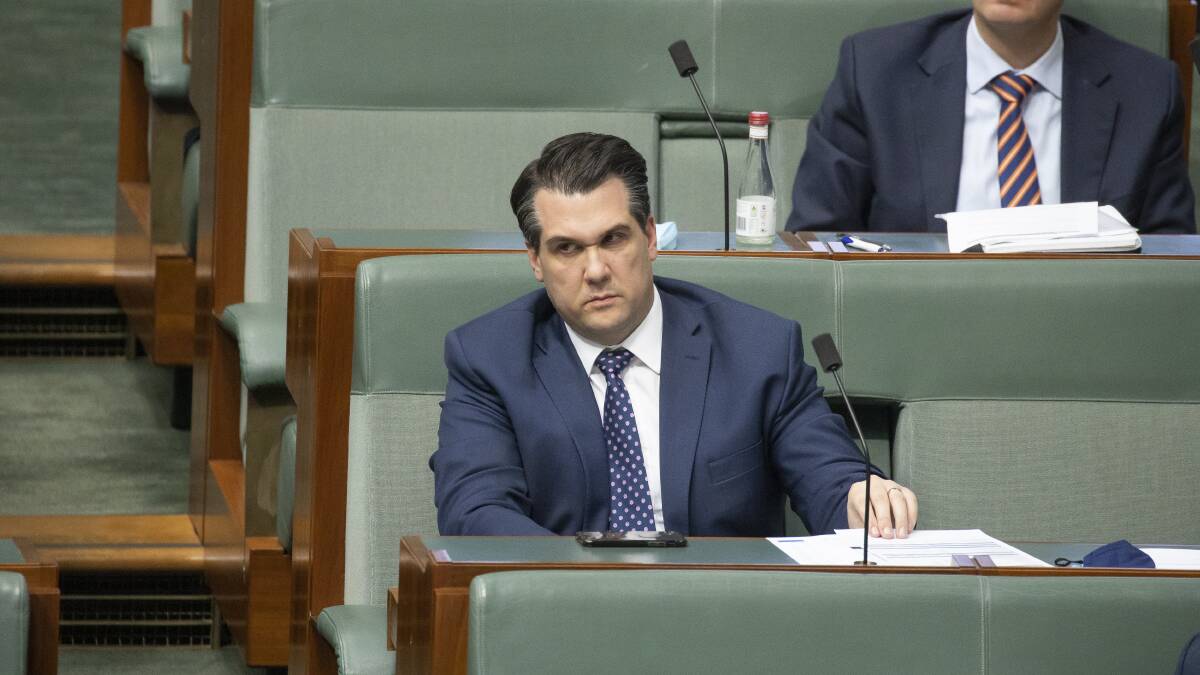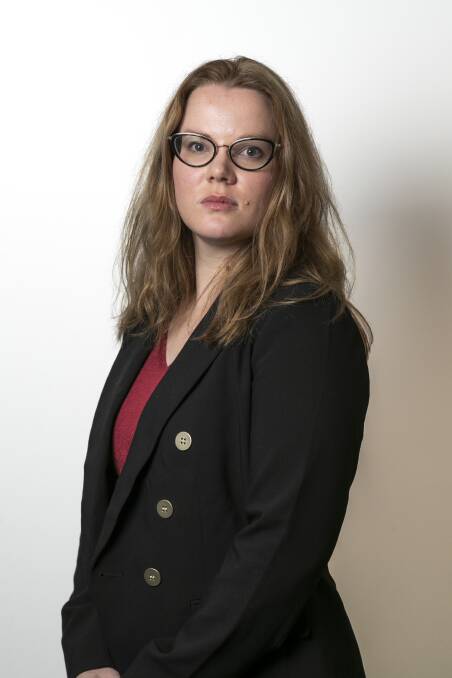The political story
Politicians are refocusing efforts to tackle Australia's housing affordability crisis as Finance Minister Katy Gallagher admits the new federal government is dealing with a "pretty crazy" combination of inflation, interest rate rises and wage stagnation.
Subscribe now for unlimited access.
or signup to continue reading
ACM spoke with Labor, the Coalition and the Greens about their post-election housing plans as people in rural and regional Australia grapple with spiraling cost of living pressures, coupled with a dearth of affordable properties outside capital cities.
Housing is now a key policy issue. Unlocking housing supply and home deposit schemes are two priorities, but there are also moves to increase social housing as a way to deal with the affordability crisis.
Budget for the times
The renewed push comes as Treasurer Jim Chalmers and Senator Gallagher prepare to hand down a "reset" budget in October.
The finance minister says the budget will address cost of living pressures, soaring pandemic debt, and focus on long-term priorities through investment in renewable energy, childcare, and skills and training to get young people into jobs.

Senator Gallagher told the ACM network the financial books Labor inherited are worse than predicted and there has been an unexpected surge in inflation.
"Our approach has been [to] create a budget that's right for the economic circumstances at the time, but we've got some pretty crazy things happening with inflation, interest rates and wages that are a bit unique in that sense," she says.
"We have to be mindful [that] - whilst cash handouts are quite useful at times and also help people in day-to-day living - we've also got to make sure that we're not adding to inflation in the economy.
"So we're having to look at that, but our election plan was about addressing those issues longer-term."
'Security and dignity'
The government has election housing pledges to deliver. Housing Minister Julie Collins is new to the portfolio after shifting from agriculture.
"Safe and affordable housing is central to the security and dignity of all Australians," Ms Collins told ACM.
"The Albanese government will help more young people in regional Australia into home ownership through our regional first home buyer support scheme and we will also introduce our new Help to Buy program."

Labor's election campaign promises include building 30,000 social housing properties and setting targets for state and territory land supply.
For first-home buyers, a shared equity scheme under which the government contributes up to 40 per cent of a property's purchase price is planned.
Release land to boost supply: Coalition
Liberal MP Michael Sukkar served as housing minister in the previous Coalition government and says the biggest problem in regional areas is limited housing supply.
Housing policies were a central plank of the Coalition election campaign, including a proposal to allow first home buyers to access 40 per cent or $50,000 of their superannuation to buy a home.
Reflecting back on his time in government, Mr Sukkar says that, at the time, he was determined to tackle the deposit hurdle for young people, while increasing the amount of "jealously guarded" land released by state, territory and local governments.

"The minute supplies aren't able to keep up with demand you get pressures - not just at the first-time buyer level, or not just the rental level - but you get it all along the housing spectrum," he says.
"It cascades down the housing spectrum."
Now in opposition, Mr Sukkar says he will focus on holding Labor to account over its election pledges.
"They made a whole heap of promises without fully understanding and knowing if they could deliver them - and we expect them to deliver on those outcomes," he says.
One million public homes
Newly-elected Greens MP Max Chandler-Mather has been handed the housing and homelessness portfolio.
As a renter he says he has "first-hand experience" with the housing crisis.
He says the party will use its position on the crossbench to push the Labor government to build one million public homes across the country.
The party is also pushing to cap private rent increases, phase out negative gearing, and tax vacant properties - as well as restricting Airbnbs.
"We're in the middle of one of the worst housing crises in our country's history," Mr Chandler-Mather says.
"It's time governments started acting like it, rather than sitting on their hands pretending like there's nothing they can do.
"While it's true that a disproportionate number of young people are getting screwed by the housing crisis, ultimately people of all ages - from pensioners to young families - are having their lives severely impacted by a lack of affordable housing," he says.
"The only way we're going to get action is by recognising we're all in this together."

My story: Hannah Neale
Growing up in regional Australia the dream of owning a home with a backyard large enough for a boisterous Golden Retriever - and maybe even a veggie patch - seemed very much in reach.
When I began my career as a journalist in the NSW Southern Highlands, and later when I returned to my home town of Goulburn, I realised how far I was from achieving this goal.
Now living in Canberra it feels further than ever as eye-watering rent, coupled with the ever-increasing cost of living, provides a wake-up call. I am lucky to have a roof over my head.

